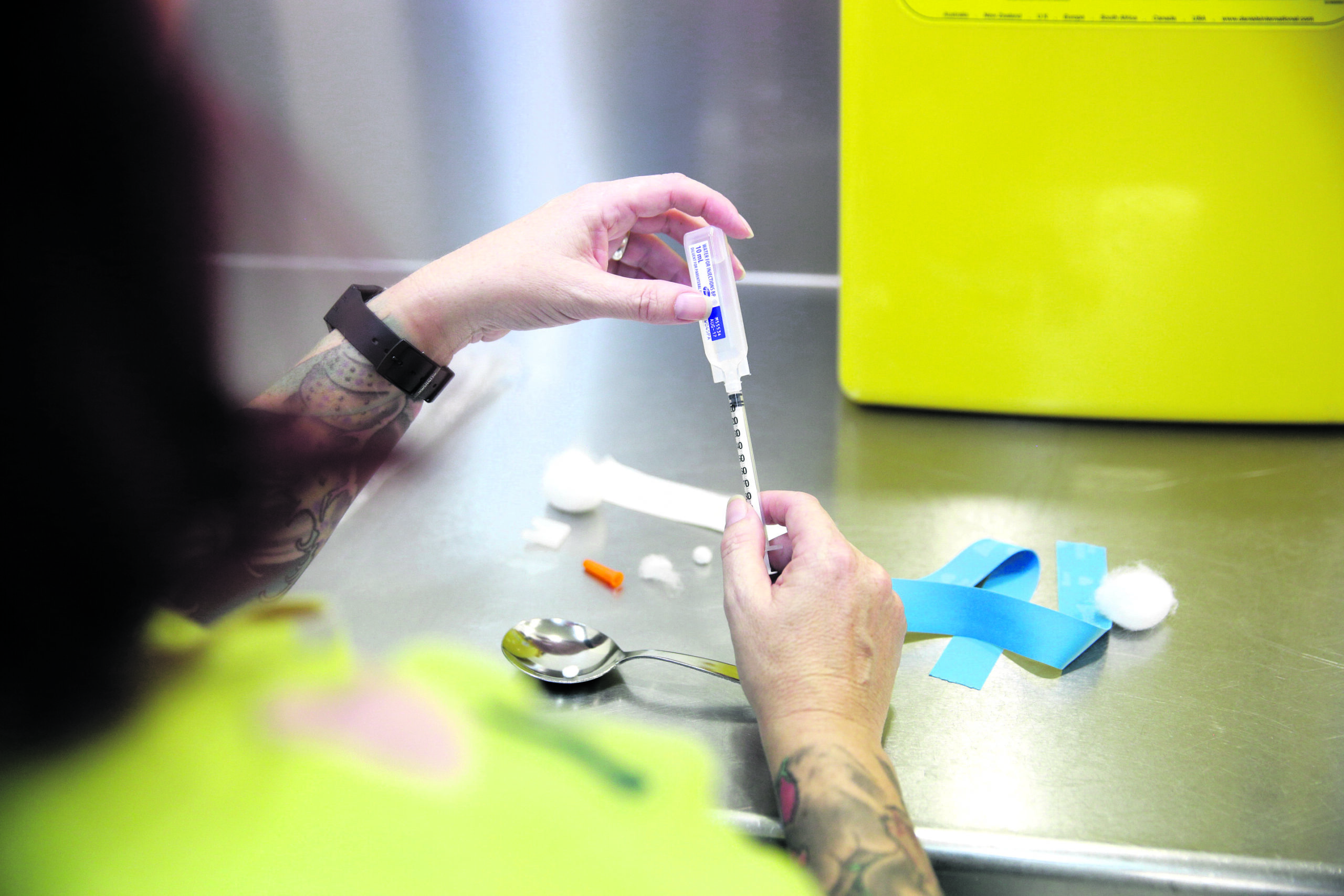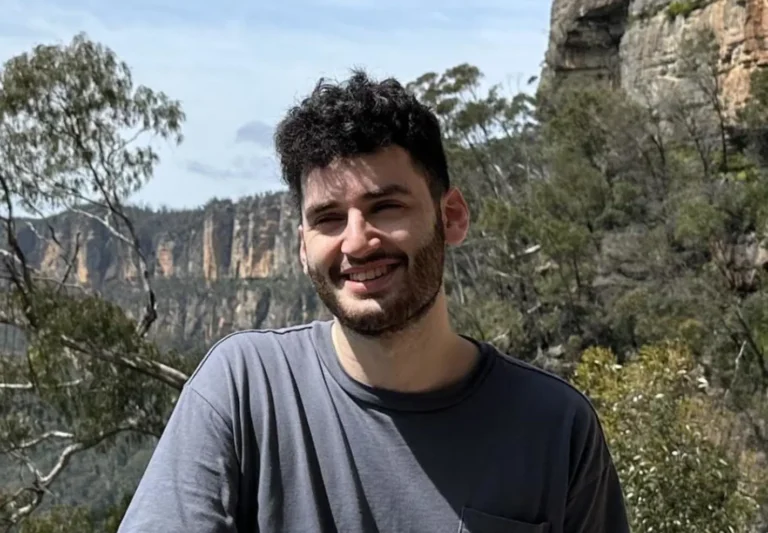
Injecting life into drug addiction

BY JOHN MOYLE
Recent developments nationally and around the globe has seen the King Cross Medically Supervised Injecting Centre (MSIC) take a leading role as a source of information and inspiration for other proposed injecting centres.
It’s taken a while, but it is a story of the journey from pariah to an inspirer.
Since it’s opening in 2003, at the height of a heroin crisis in Kings Cross, the Uniting Church-operated facility has learnt a lot about navigating the corridors of Macquarie Street and Police Headquarters, plus the opprobrium of numerous local pressure groups.
Sixteen years on, Kings Cross MSIC has proven itself to be a valuable saver of lives while itself surviving many government, police and independent evaluations to become a model for new centres around the world, including Scotland, Ireland, United States, Canada and Victoria’s North Richmond.
“People are looking at how we handle the legislation and are comparing that to their own jurisdiction, along with how we handle overdoses and working with local referral agencies,” Dr. Marianne Jauncey, medical director, Uniting MSIC, said.
On the 31st of October this year, the government of Victoria made the formal announcement that they would establish and operate a medically supervised injecting centre.
“There will be a number of similarities to the facility in Kings Cross, but the Victorian trial site will have a distinct approach,” a spokesperson for Victoria’s Department of Health and Human Services told City Hub.
“It will be funded by the government and will be overseen by Health, which is different to NSW, where it is Health and Police,” Dr. Jauncey said.
The Victorian facility will be located at the North Richmond Community Health facility; in the heart of an area that last year experienced 34 fatal heroin overdoses representing 20 per cent of the states opioid fatalities.
Presently, the North Richmond facility allows users to pick up clean injecting equipment but they must leave to inject.
“The trial will take place for an initial two year period, with the option to extend the trial for a further three years, and will open in mid-2018,” the Health and Human Services spokesperson said.
Dr. Jauncey said that she sees the Kings Cross MSIC’s role as ‘being able to provide advice and support training plus documentation, as much as we can.”
The possibility also exists for North Richmond staff to use the Sydney facility for training and orientation in such matters as airway management and the correct administration of Narcan, a drug that reverses the effects of opioid overdoses.
The International Network of Drug Consumption Rooms, a platform for the exchange of injecting centre information, states that there are 110 medically supervised injecting centres around the world, with just 10 of these are outside Europe.
While Glasgow’s first injecting centre (that consults with Kings Cross MSIC) has just had its approval withheld by the Lord Advocate, Dublin’s Ana Liffey Drug Project will be Ireland’s first medically supervise injecting centre as a response to that city’s increasing level of street injecting.
The Ana Liffey centre will enter trials next year, after lobbying began in 2012.
“The evidence coming out of the many evaluations of the Uniting MSIC in Kings Cross was a great benefit to making our case,” Tony Duffin, CEO, Ana Liffey Drug Project said.
In the lead up to the Irish centre being granted its trial status, Duffin spent two weeks at the Kings Cross centre, while Dr. Jauncey travelled to Ireland twice to debate the issue.
“There has been an explosion of supervised injecting centres in places like Canada in response to the overdose crisis being experienced across North America,” Dr. Jauncey said.
Canada currently has around 20 centres operating, with another 30 proposed centres that have their applications waiting for legislative approval.
“The difference between Canada and the United States is stark,” said Dr. Jauncey, “and while the US doesn’t have any legal centres at the moment, there is a number of conversations going on in a number of jurisdictions.”
Ithaca, in upstate New York, has been one such place where the mayor has stated that he wants his jurisdiction to be the first to get a medical supervised injecting centre.
A lot of the street heroin in North America is now laced with fentanyl, a potent drug, toxic in even small doses, and is making an already bad problem a lot worse and more immediate.
With Australian’s being eager adopters of many new illicit drugs, it may only be a matter of time before we get hit by a wave of fentanyl related overdoses, a situation that has not been overlooked by the Kings Cross MSIC.
“There is great concern amongst the frontline practitioners that illicit fentanyl will make its way into the drug market here and we need to be prepared for this drug,” Dr. Jauncey said.
This threat provides additional reasons to support establishing more medically supervised injecting centres in major areas across Australia.









